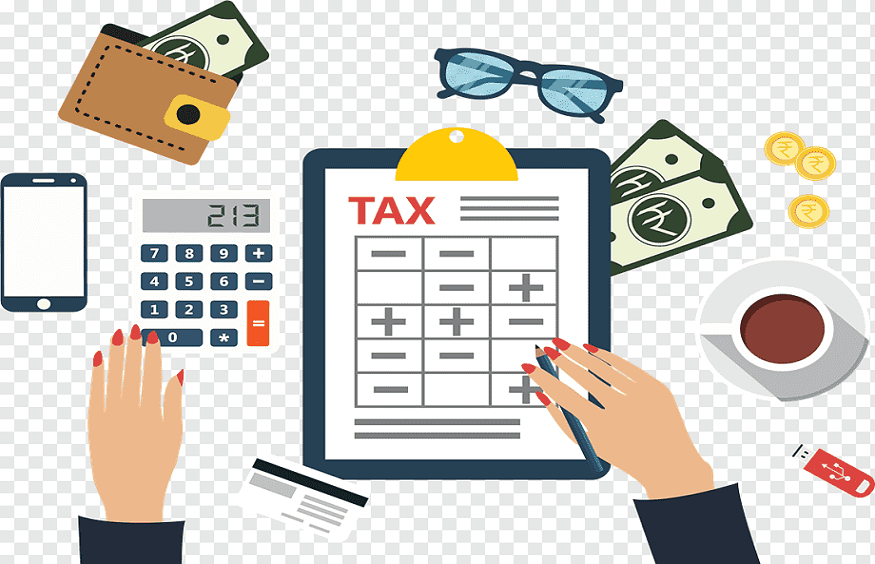846 Views
Tax time is a stressful time of year, and con artists know this. They steal money and personal information from people who are worried and want to get their taxes done quickly.
You can protect yourself and your money, though, by learning how to spot these scams. Talk to a reputable tax accountant in Columbia for sound tax advice and peace of mind.
The red flags of tax scams.
A lot of the time, scammers pretend to be from the Internal Revenue Service (IRS) or another tax authority. Keep an eye out for these warning signs:
- Unwanted contact: The IRS will usually get in touch with you by mail, not by phone, email, or social media. If someone calls, emails, or texts you saying they are from the IRS, especially if you did not expect them to, be careful.
- Pressure techniques: Scammers will often try to get you to do something right away like send money right away. If you do not do what they say, they may try to arrest you, expel you, or do something else bad.
- Payment methods that are not common: The IRS will never ask for money to be sent by gift card, prepaid debit card, or money transfer. Tax debts are usually paid by getting a bill in the mail.
- Phishing: People who want to trick you may send you emails or texts with links that look like they come from the IRS. For those who click on these links, there is a fake website that looks like the IRS website. The con artists can steal your personal information once you put it on the fake website.
- Things that sound too good to be true: Scammers may tell you that you can avoid paying taxes or get a big tax refund. It is always too good to be true with these deals.
How to protect yourself from tax scams.
To keep yourself safe from tax scams, here are some tips:
- Do not respond to unsolicited contact: Do not answer calls, emails, or texts that you did not ask for. If someone says they are from the IRS, do not answer. To find out how to get in touch with the IRS, go to IRS.gov instead.
- Check out the caller: If you are not sure if a call saying it is from the IRS is real, you can call the IRS at 1-800-829-1040.
- Do not give out personal information by phone or email: The IRS will not ask for personal information like your Social Security number or bank account number by phone or email.
- File your taxes online: If you file your taxes online, you may be less likely to have your name stolen.
- Use a trustworthy tax preparer: If you need help with your taxes, hire a trustworthy tax preparer.
- Pay attention to the details you give out online: Do not post your Social Security number or other private details on public websites or social media.
- Make sure your computer is safe: Make your passwords safe and make sure your software is always up to date.
What should you do if you think you have been scammed?
Here are some things you can do if you think you have been scammed:
- Contact the IRS: To contact the IRS about the scam, call 1-800-829-1040 or go to IRS.gov and fill out a complaint form.
- Call your bank or credit card company: If you gave the con artist your bank account or credit card number, you should call your bank or credit card company right away to report the fraud.
- Freeze your credit report: If someone is trying to steal your identity, you can freeze their credit report so they can not open new accounts in your name.
- Report it to the police: If you have lost a lot of money, you might want to report it to the police.
It is possible to avoid tax scams and keep your money safe by using these tips. For the best guidance on tax-related matters, get the help of an expert accountant.



